SKYSCRAPER-01 Trial Shows Safety of Tiragolumab Plus Atezolizumab in Lung Cancer
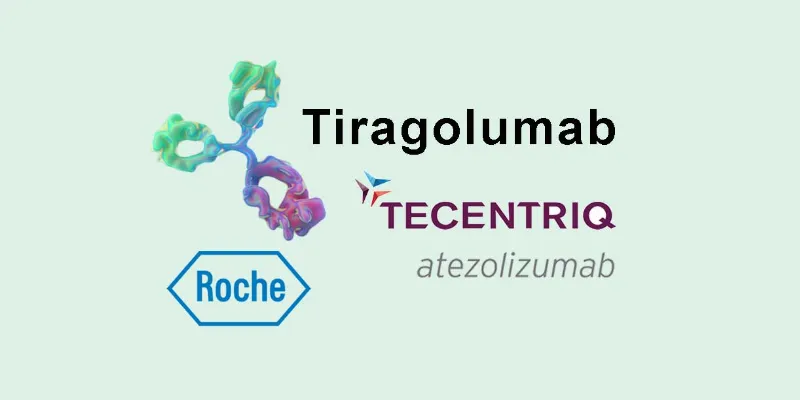
Roche has shared updated findings from the global Phase III SKYSCRAPER-01 study, a critical investigation into the efficacy of combining tiragolumab with Tecentriq® (atezolizumab) for treating PD-L1-high, locally advanced, or metastatic non-small cell lung cancer (NSCLC). While the trial did not meet its primary endpoint of improving overall survival, the results contribute valuable knowledge to the evolving field of immuno-oncology.
The study confirmed a consistent safety profile, with detailed findings to be presented in 2025. Tiragolumab, a TIGIT inhibitor, and Tecentriq, a PD-L1 inhibitor, highlight the challenges of cancer immunotherapy.
The SKYSCRAPER-01 Study
The SKYSCRAPER-01 is a global Phase III, randomized, double-blind study that enrolled 534 patients diagnosed with PD-L1-high, locally advanced unresectable, or metastatic NSCLC who had not received prior systemic therapy. Participants were randomized in a 1:1 ratio to receive either. Treatment continued until disease progression, lack of clinical benefit, or unacceptable toxicity emerged.
Key Findings
The final analysis showed that the combination therapy did not achieve the primary endpoint of extending overall survival compared to Tecentriq alone. Despite this, the safety profile remained consistent with previous analyses, and no new safety concerns were identified, even with prolonged follow-up.
Detailed results from the study are scheduled for presentation at a major medical meeting in 2025, allowing further insights into the therapeutic potential of tiragolumab in this setting.
A Broader Perspective on Tiragolumab and Tecentriq
Tiragolumab is an experimental immune checkpoint inhibitor targeting TIGIT, a receptor that can suppress immune responses against cancer. By selectively blocking TIGIT, tiragolumab aims to amplify the immune system's ability to attack tumor cells.
Tecentriq, a PD-L1 inhibitor, works by preventing PD-L1 proteins on tumor cells from interacting with PD-1 and B7.1 receptors on T cells. This interaction is crucial in evading immune detection, and Tecentriq helps restore the immune system's capability to recognize and combat cancer. While highly effective in some cases, PD-L1 inhibition does not universally succeed, underscoring the need for combination strategies like the one investigated in SKYSCRAPER-01.






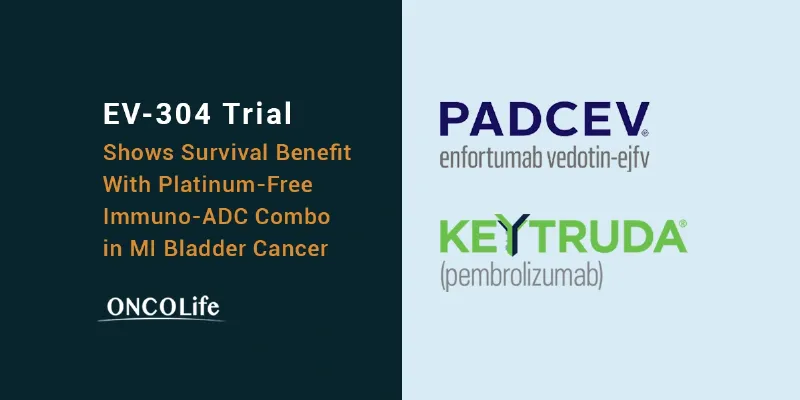

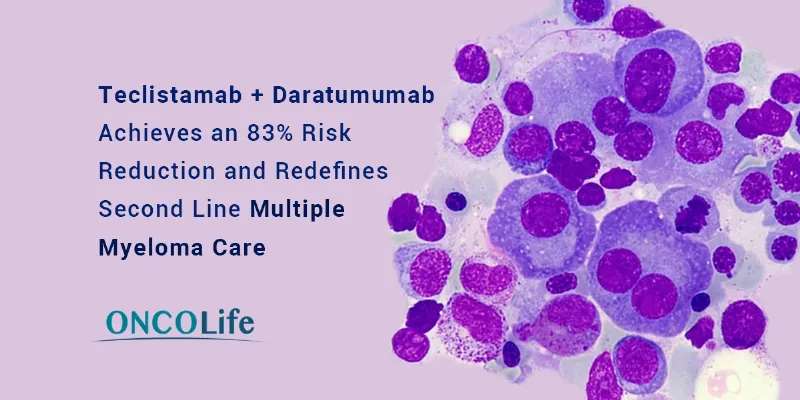
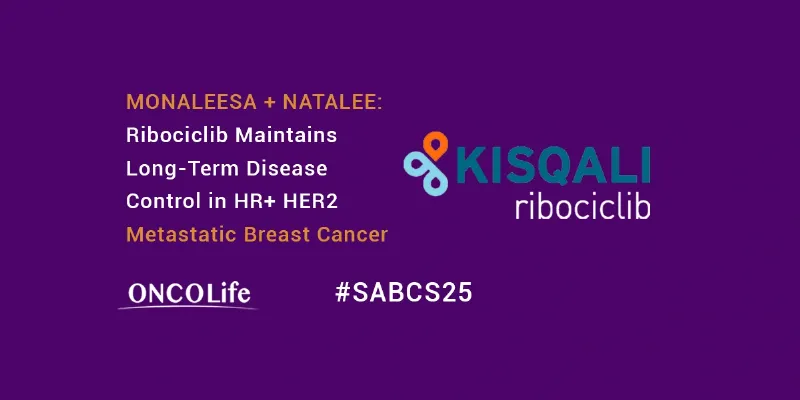
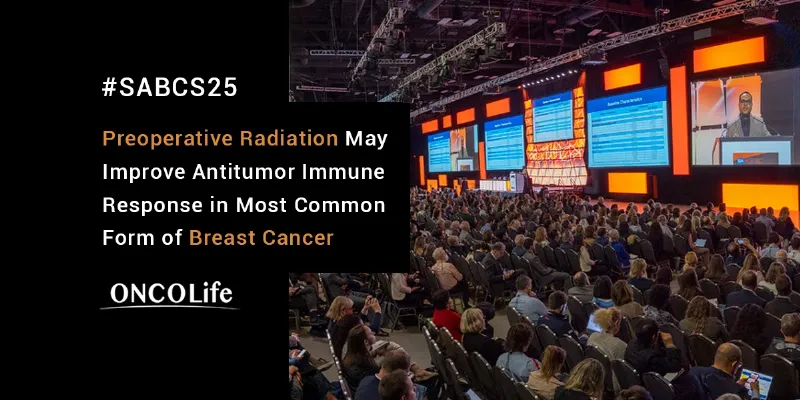
Comments
No Comments Yet!